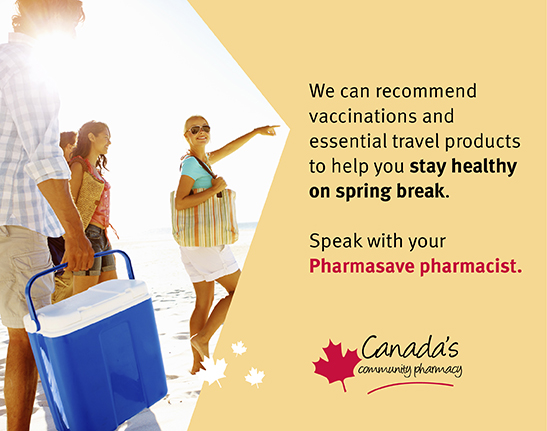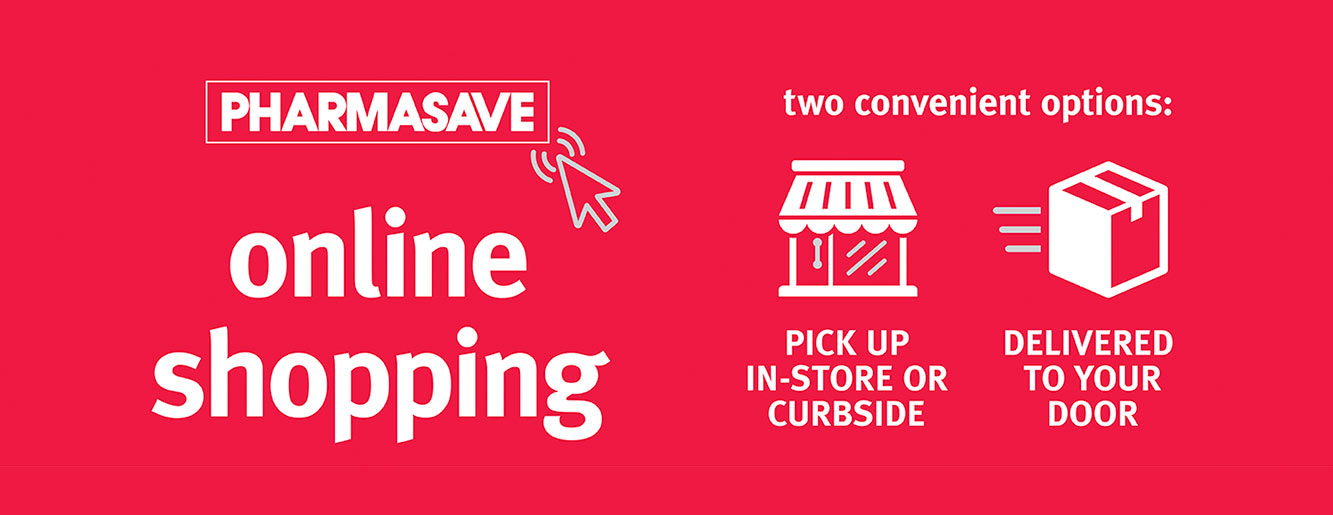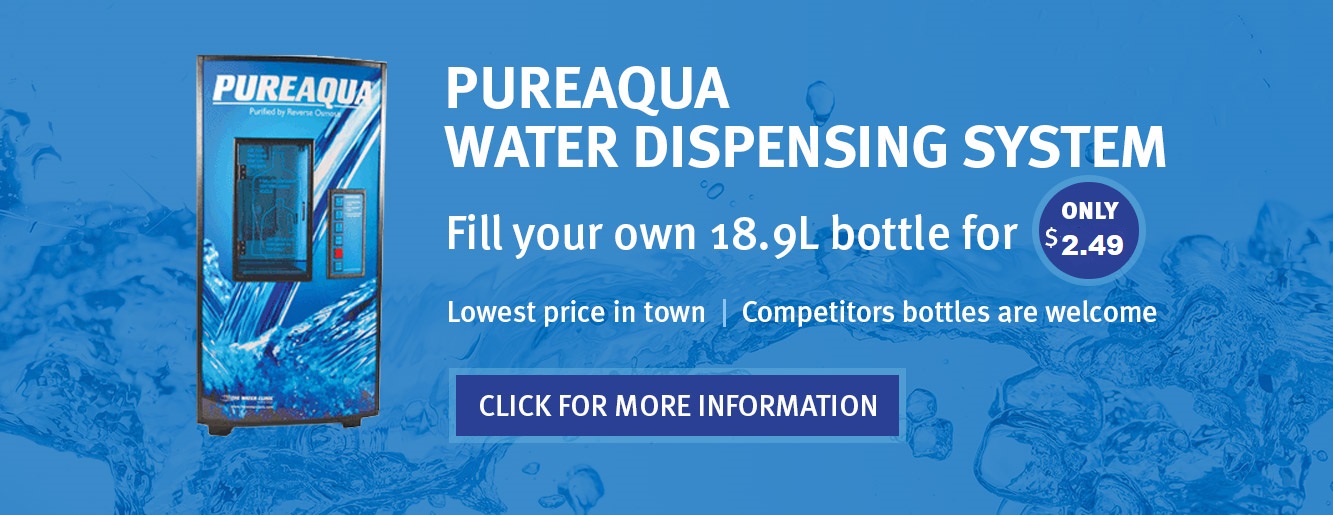
March – Travel
Travelling During the COVID-19 Pandemic
As the COVID-19 situation evolves, you may have found yourself browsing travel websites and vlogs more than just a few times. Here are a few tips to consider while you’re making plans for your next trip abroad.
Preparing for departure
Before you book any flights, it’s important to keep in mind both the requirements to exit Canada during the pandemic, as well as the entry requirements for your destination country. Stay on top of news updates – rises in new COVID-19 variants may result in sudden and strict measures to control the spread of the virus.
If you’re planning on travelling by plane, make sure that you meet all requirements to board your flight well in advance. In most cases, individuals who are 12 years and 4 months of age or older (these 4 months are a grace period where an individual does not need to get tested or vaccinated; it allows time for the individual to plan for and receive their COVID-19 vaccinations), are required to be fully vaccinated against COVID-19 if they’re departing from most airports in Canada. Getting fully vaccinated also means that you’ve received your required COVID-19 vaccine doses at least 14 full days prior to the day that you travel.
In some situations, you may be exempt from the COVID-19 vaccination requirement when flying within and outside of Canada. If you qualify for an exemption, you may also need to provide a valid negative COVID-19 test result within 72 hours of your departure time. Children who are under 12 years and 4 months of age don’t need a COVID-19 test to fly within or outside of Canada.
Although many types of molecular COVID-19 tests (such as polymerase chain reaction [PCR] tests) and rapid antigen tests are available, it’s important to note that rapid antigen tests aren’t accepted when boarding flights from within Canada. If you recently had a positive COVID-19 test result and are no longer having any symptoms, you may be exempt from the pre-entry test depending on when you had tested positive.
If you plan on getting travel insurance, check with your provider to see what their COVID-19-related policies are. This includes whether your plan covers COVID-19-related medical expenses, as well as other non-COVID-19 emergency-related expenses, such as trip interruptions and quarantine costs. Ensure that you have back-up plans, should any delays for your return home occur.
Regardless of where you plan to travel, it’s always a good idea to review the Travel Advice and Advisories posted on the Government of Canada website well before your departure. These notices inform you of situations within your destination country that can affect your safety and well-being. You’ll also find information on specific entry and exit requirements related to COVID-19 and other travel-related considerations.
You can find the Government of Canada’s Travel Advice and Advisories here: https://travel.gc.ca/travelling/advisories.
Staying safe while abroad
So, you’ve arrived at the destination country on your bucket list; now what? With the COVID-19 pandemic situation, you may be observing additional COVID-19 restrictions and public health cautions. Becoming infected with COVID-19 can not only affect your health, but also your return to Canada, so follow these strategies to reduce your risk of catching the virus.
- Keep up to date with your local COVID-19 situation: since COVID-19 is affecting each part of the world differently, it is important to stay informed of local public health recommendations. Restrictions can affect how public transport, attractions and other facilities are operating. Be sure to budget plenty of time and include alternative plans in your itinerary for unexpected changes.
- Wear a well-fitted mask when recommended: a well-fitted mask can help to prevent the spread of COVID-19. Masking continues to be recommended in many parts of the world as individuals vaccinated against COVID-19 can still become infected and transmit the virus. A mask that is well-fitted should fully cover your nose, mouth and chin. Follow local masking recommendations at your destination and when you are in crowded places, like shopping areas and on public transportation.
- Practice hand hygiene and respiratory etiquette: COVID-19 can spread from one person to another in several ways, such as by coming into contact with contaminated surfaces and then touching your mouth, nose or eyes. Washing your hands with soap and water for at least 20 seconds or using a hand sanitizer with at least 60% alcohol can limit the spread of the virus. If you need to cough or sneeze, do so into a tissue or in the bend of your arm (the inner side of your elbow), dispose of any used tissues and wash your hands right afterwards.
- Practice physical distancing: Staying as far away as possible from others outside of your travel group can help to minimize the spread of the virus. Your risk of getting infected is higher in crowded places like large live performances and busy bars or sports events. Avoid or limit your time in these areas when possible. Stay informed and follow the gathering limits per the local public health recommendations at your destination.
Returning to Canada
With the ever-changing COVID-19 situation, there are many factors that can affect your plans to return to Canada. Staying on top of the Canadian entry requirements can not only make this process smoother, but more importantly reduce the risk of delaying your return.
In most cases, you’ll be required to provide proof of a negative COVID-19 test result within 72 hours of your scheduled flight to Canada, with the exception of those who are under 5 years of age. Although many types of molecular COVID-19 tests (like polymerase chain reaction [PCR] tests) and rapid antigen tests are available, it’s important to note that rapid antigen tests aren’t accepted as your pre-entry test. If you recently had a positive COVID-19 test result and are no longer having any symptoms, you may be exempt from the pre-entry test depending on when you had tested positive.
All travellers must use the ArriveCAN platform to upload their travel information before and after entering Canada. ArriveCAN is a web platform and mobile app published by the Government of Canada to help enforce border security measures and reduce the spread of COVID-19 throughout Canada.
Within 72 hours of your arrival to Canada, there are several documents that you will need to upload onto ArriveCAN. This includes your:
- contact information and travel details
- vaccination information
- pre-entry test results
- quarantine plan
Keep in mind that there are different quarantine and arrival COVID-19 testing requirements for vaccinated and unvaccinated travellers. For example, fully vaccinated travellers must complete a COVID-19 arrival test only if they have been randomly selected for mandatory testing. Your COVID-19 vaccination status may also affect your child’s quarantine requirements if they are not fully vaccinated.
As part of Canada’s entry requirements, you will need to provide your personal quarantine plan on ArriveCAN. A quarantine plan is important as you may test positive for COVID-19 upon arrival or may not meet the fully-vaccinated traveller requirements. This helps to ensure that you have a safe place to quarantine without putting other household members or close contacts at risk.
You can find more information about travel requirements and exemptions when entering Canada here: https://travel.gc.ca/travel-covid/travel-restrictions/exemptions/
Ask Your Pharmacist
Question: I’m fully vaccinated for COVID-19. Are there any other vaccines I need before I travel?
Answer: Some countries do require other vaccinations, such as Yellow Fever vaccine, so it’s very important to find out what’s required before you go. Vaccines usually take two weeks or more to start giving protection, and some need more than one dose before you go. It’s best to check in with your Pharmasave pharmacist, or a travel clinic, several months before you travel. There are several vaccines they might recommend, to protect you against Hepatitis A and B, Typhoid, and more. There are also some diseases that don’t have vaccines but can be prevented with oral medication or in other ways.
Make sure you’re up to date on your routine childhood and adult immunizations… and your flu shot! Influenza breaks out at different times of the year in different parts of the world, so even if it’s not flu season where you are now, it’s still a good idea to be protected by getting vaccinated for the flu every year.
Have more questions? Ask your Pharmasave pharmacist.
Health Tip
Be prepared in case you get sick while travelling – carry a travel emergency pack. Bring medication to treat body aches and fever, such as acetaminophen or ibuprofen. Pack some electrolytes which can be dissolved into water, to use if you need to rehydrate fast. Some other products that could come in handy are cough suppressants, nasal sprays and lozenges, and possibly cold and flu products or vitamins.
Remember that everyone’s needs will be different – check with your Pharmasave pharmacist to find out what products are right for you.



